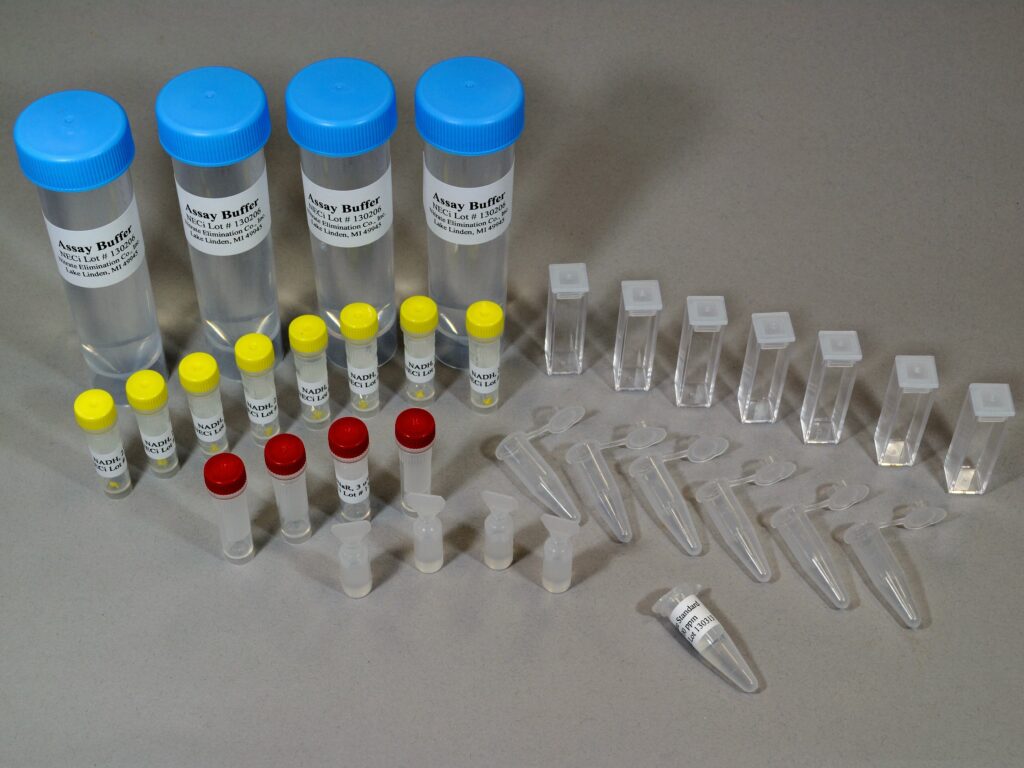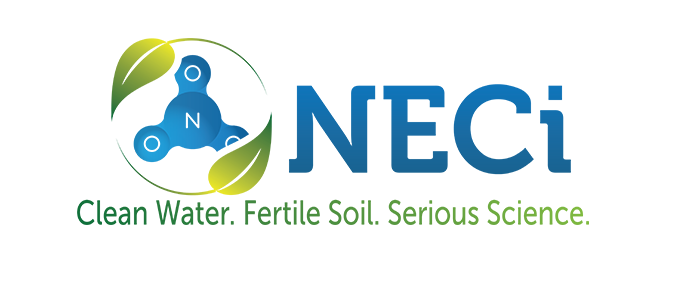By Brianna MacLean | Posted Jan 26, 2023
LAKE LINDEN, Mich. (WJMN) – In 1993 in Lake Linden, Michigan Technological University Professor Dr. Bill Campbell and his wife Ellen founded the Nitrate Elimination Company, or what’s now known as NECi Superior Enzymes. Their goal was to create a commercialized enzyme system to remove nitrate from drinking water.
“We got to the prototype stage, and we said the technology just isn’t ready yet, but we can do with our technology is make the best way to measure nitrate in water for municipalities for testing water,” said Ellen Campbell, Owner/President, NECi Nitrate Elimination Company/Superior Enzymes. “Nitrate is something the EPA mandates that you have to measure because ten parts per million of nitrate fed to an infant will turn blue. They can’t use oxygen anymore and they die or they get really sick. So, you have to keep water below ten parts per million and a lot of places in the country it’s not so everyone has to measure nitrate all the time.”

This enzyme-based nitrate detection method was approved by the Environmental Protection Agency. NECi sells freeze-dried enzymes and nitrate-detection test kits to laboratories, organizations, and people around the world.
Now, NECi is researching and using enzymes for a different project.
“Labs that are reporting water quality for legal or regulated reporting systems can use our method,” said Campbell. “So, we sell to the US Geological Survey to EPA to water treatment plants and also for biomedical research.”
“The system that we invented to keep oxygen out of the samples so that we could measure the nitrate, turned out to have potential to use in packaging,” said Campbell. “I talked to our patent attorney, and I said, ‘How can we show that that can be true?’ And he said do a few experiments X, Y and Z. So we did those, it worked. So, we have a patent pending on two enzymes that we make here, so they’re ultra-pure, that can remove oxygen and keep oxygen out of like bottled beer, or sliced meats, to keep them from turning brown, or say fruit.”
An estimated 25% of the world’s food supply is lost due to food spoilage, with oxidation a major contributor to the problem. To help address this issue, NECi was recently awarded a one-year $250,000 grant from the National Science Foundation for the project.
“Enzymes are proteins, and enzymes are proteins that do a chemical reaction, and I think of them as little tiny robots,” said Campbell. “I think of them as pico bots. What’s nice about them, is it’s just a protein and when it can’t work anymore and it just falls apart and becomes amino acids and it doesn’t matter what happens to it, it’s completely non-toxic. It’s very, very safe.”
Campbell says the packaging companies they work with are used to using harsh chemicals or toxic, heavy metals to do what NECi can do with enzymes.
“So right now, our nitrate reductase enzyme which measures nitrate our main competitor is cadmium, which is a toxic heavy metal and as toxic as mercury,” said Campbell. “So a lot of people want to change over to us because there’s no disposal problems, there’s no contamination of your laboratory. There’s no exposure to the workers, which we really care about.”
NECi plans to put the enzymes in a gel packet that can be placed somewhere inside the container or package, such as the lid of a bottle. NECi has been a client of MTEC SmartZone for many years, utilizing several of their services. To learn more about NECi Superior Enzymes, click here. To view the video version of this story on UP Matters, click here.
